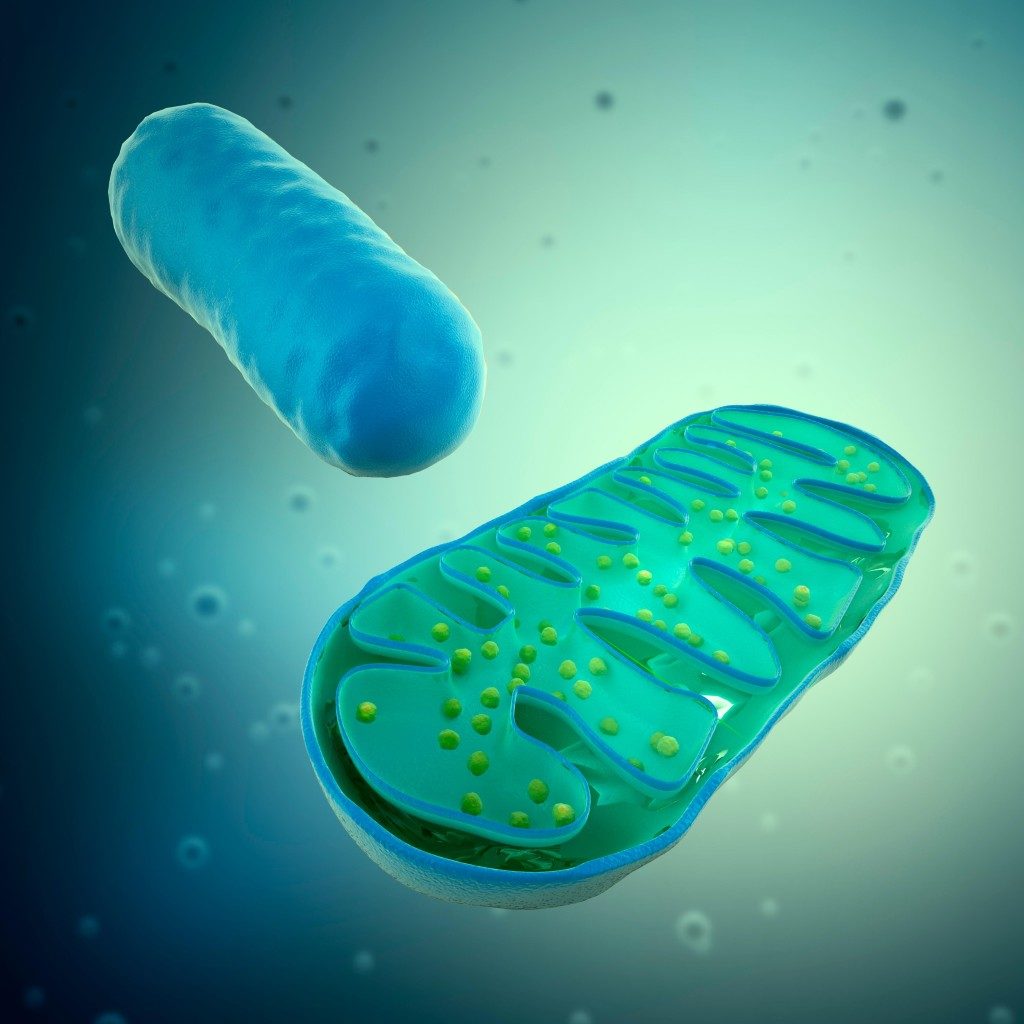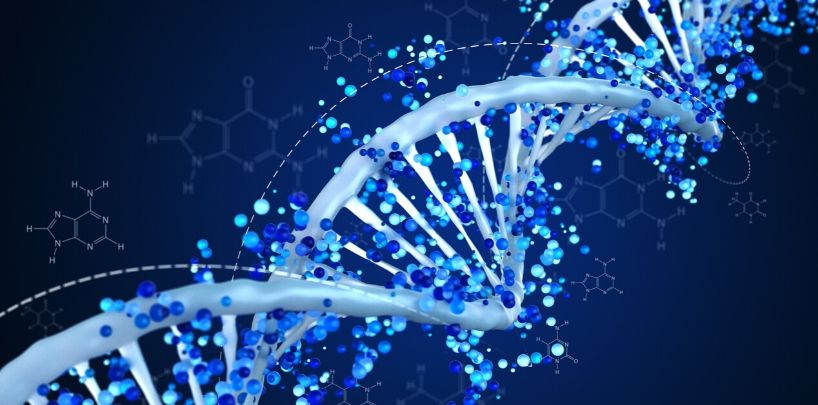Humanin: The “Mitochondria Derived Peptide”
Humanin is a peptide that has been shown to improve mitochondrial health. Mitochondria play a critical role in energy production and cell health, so improving mitochondrial function can have wide-ranging benefits. Humanin has been shown to protect cells from damage, boost energy levels, and improve overall cellular health. Researchers are currently studying humanin as a potential treatment for diseases related to mitochondrial dysfunction.
What is Humanin?
Humanin is a naturally-produced peptide spanning a total of 24 amino acids. It is derived directly from the mitochondria in your cell and is believed to be located in multiple parts of the human body, including the heart, vascular walls, kidney, brain, and skeletal muscles. humanin has been shown to play a role in protecting cells from damage and death, making it a potentially important compound for maintaining good health.
Humanin levels are reduced in some age-related diseases, such as Alzheimer’s disease, suggesting that humanin may play a role in these conditions. More research is needed to better understand humanin’s exact function and how it may be involved in human health and disease.
Humanin may be a promising compound for maintaining good health and preventing age-related diseases. However, more research is needed to better understand humanin’s role in human health.

What is Humanin’s Mechanism of Action In The Body?
Humanin’s mechanism of action is very complex and involves multiple pathways. humanin acts against the cellular process of apoptosis (cell death) by targeting a protein called Bax. This protein is involved in cell death signaling, and humanin seems to bind to Bax and prevent it from performing its function. humanin has also been shown to inhibit the release of cytochrome c from mitochondria, which is another key step in the apoptosis process.
In addition, humanin has been shown to increase levels of anti-apoptotic proteins and decrease levels of pro-apoptotic proteins. These changes help to protect cells from damage and death. Humanin may also play a role in other important cellular processes, such as cell growth, energy production, and stress response. Humanin’s complex mechanism of action is not fully understood, but it seems to involve multiple pathways that work together to protect cells from damage and death.
Benefits of Humanin
Humanin has been shown to play a role in protecting cells from damage and death. This may have important implications for human health, as humanin levels are reduced in some age-related diseases.
- humanin has also been shown to increase lifespan in animal models.
- may be beneficial for heart health, as it has been shown to protect against heart damage in animal models of heart disease.
- shows great promise for treating Alzheimer’s disease, as it has been shown to improve cognitive function and reduce the buildup of harmful proteins in the brain.
- may also be beneficial for cancer patients, as it has been shown to protect against chemotherapy-induced cell death.
- Humanin has the potential to be a powerful tool for preventing and treating age-related diseases. humanin may also be beneficial for heart health and cancer patients.


